
In GET HIM TO THE GREEK, Russell Brand is reprising his role as musician Aldous Snow from FORGETTING SARAH MARSHALL. But this time, Aldous is back to his old tricks…and by that I mean, heroin, alcohol…that sort of thing. I got a chance to visit the GREEK set in Los Angeles last year and speak with the man himself. As I’m sure you know, Brand is quite candid about his real-life battle with heroin. He gives us a look at how close this character is to his experience, what is different from FORGETTING SARAH MARSHALL (Jonah Hill’s character), working with Sean Combs and his upcoming role in ARTHUR. Do yourself a favor and watch the red band trailer. Use the restroom first. You have been warned.
GET HIM TO THE GREEK opens in theaters on June 4th, 2010.
Russell Brand
At what point after SARAH MARSHALL does this start?
I think maybe um three years later.
And is the whole falling off the wagon thing, is that from, directly from that dinner in SARAH MARSHALL?
No. It’s, it’s meant to be as a result of a subsequent relationship not covered in the movie SARAH MARSHALL, but in this one, although that dinner and the awkwardness and the shirt can only contribute to the decline back into addiction.
Well do they talk about all that stuff in this movie? Or is it completely separate?
There’s the occasional reference, which I wouldn’t be surprised were they not to get used. Stylistically it’s a very tough film I think, and tone, it’s very different as well. It’s sort of like…it brings a completely different aspect to it, like the casting…gives it a very different feel. And I think the sort of mood of it is like sort of like that’s really defined by Jason (Segal) and his performance, and of course Jason’s not in this movie…and then everything’s set in Hawaii, and they’re perhaps the two defining attributes of SARAH MARSHALL, whereas this takes place in cities, you know, it’s in Vegas, London, New York, LA. And um, and it’s very much a sort of, it feels like it has that sort of metropolitan, urban feel…I’d say it’s incredibly distinct and like the references that are there are kind of out of politeness as opposed to any kind of integrity in the action or a relationship between the films.
Jonah said there’s elements in the film that reflect your own history, so is there stuff that maybe readers would recognize from your life.
Yeah, there is. Because the character is like, you know, a heroin addict, and I’m a recovering heroin addict…a really good friend of mine who used to make um, heroin for me, and he didn’t ever want to, which is not nice, to buy heroin, and there’s like scenes in this where I force [Hill’s character] a reference from my own life, I once in a threesome accidentally ejaculated onto a friend’s leg, and uh, that’s being used in this. So yeah, there are direct references to my own life in this film. Flatteringly.
Are you at all, are there any of those things that you’re reluctant to bring to this? I mean like you know, or is it all sort of, because it’s in a cinematic context that that’s–?
Yes, and also because of the nature of the career I’ve had in the United Kingdom and Europe as a stand-up comedian, my work is very confessional and biographical and of course I’ve written an autobiography which was kind of one of the defining pieces of work of my career over there. So while over here I don’t really have a profile in that [way, this] is old hat to me and it’s the kind of, that’s the music of what I do. So it doesn’t have the same resonance for me. It’s, kind of anything that would truly be painful I’ve kind of, people already know about.
There’s been a lot of talk about your book, doing a movie of your book. And so is there stuff that you’re holding back thinking that’s so good I want to save it for the–?
No. Nick Stoller, Nick’s sort of stolen all the best bits. If they were to make a movie of my life now, it would be a drab, Warholian, sort of single-shot of me, sobbing in the basin. Which I’m keen to make. So I don’t know if we’ll do that anymore. Michael Winterbottom was interested in making it and I was of course flattered and thrilled at the idea of working with him, because he’s brilliant, but I think now I’ve got too old to play myself. Of course I’ve been playing myself for so long, someone else should have a go, and I think Natalie Portman is the man for the job.

So it’s interesting to sort of watch the process of you guys working, that sort of free form thing. How is it sort of doing the improv stuff with someone like Sean (Combs), who’s not necessarily an improv actor?
It’s really funny. He has to just get into it and stuff comes out of him that’s sort of sweet and surprising, so yeah, he’s incredibly enjoyable to work with, he’s an absolute gentleman, very accommodating, and I think he’s adapted to this way of working remarkably quickly.
And I mean, you and Jonah, it was your chemistry in FORGETTING SARAH MARSHALL that really made this happen. How is that chemistry, has it changed at all since then? Especially since he’s playing a very different sort of character?
It’s sort of really effortless. It’s weird because I never really noticed it. I didn’t notice it in SARAH MARSHALL. I’ve noticed before that I’ve got good chemistry with him but we do it, like it looks really good, like hello, we’re sparking. But whenever I watch it it does make me laugh, when I watch stuff with me and him, so I noticed it’s something that’s kind of inherent and it’s not labored in any way. It’s good. I know just like when I’m watching stuff back and just seeing us in the same frame looks sort of stupid, so that’s, I think it works really well. It’s based on that some kind of tension or something, I don’t know what it is.
Do you guys have a relationship off the set?
Yeah, we’re mates, I like him, I think he’s a lovely lad. Yeah, we hang out and chat and stuff. Socialize in LA you know.
He said that he wanted to a through the butt shot for the heroin scene. What do you think of that?
I think that yeah, that could be the greatest breakthrough in cinema since CITIZEN KANE…think it’s going to be a defining shot…yeah, through the butt hole. Yeah, I think it could definite this movie if the technology can keep up with Jonah Hill’s imagination.
The way that he, or the way that the movie’s been described, it’s kind of his journey and you’re this comic foil. Do you think in terms of defining like sort of emotionally what your character’s like? Are you sort of primarily playing opposite what his story is?
No, I feel like that my character—I feel like the characters work as a pair and the way that the film works, as far as I’m concerned—this might actually be my ego—is there’s like a double act, there’s like an Apolline and Dionysian idea of him being sort of like afraid of revelry and me being embracing revelry and being some sort of Roger Rabbit character. Like sort of a journey of discovery, you know, sensitivity, sweetness, of acceptance, such as one might expect in a feel-good film. Or Roger Rabbit.
Well it’s interesting because the basic plot description sounds like it could be incredibly dark but you guys are obviously, are not—how dark is it?
Some of it’s probably heavy, because you know like if I have to do a scene where I’m talking about needing to score drugs or trying to stop taking drugs or wanting to get back with someone, I’m, you know, I’m drawing on you know, on a wealth of—clearly it’s not like I have to pretend that my dog’s been run over. I just go I remember when you need heroin—so I’m able to sort of call upon those things. So it does have I would hope an authenticity that’s atypical in films of this genre.
And how funny is needing heroin in terms of—
It’s not funny, I’d like to think. Not at all funny. Really, the least funny thing. If anyone was to sort of try and make it funny when you actually did need it, you’d probably kill them.
How do you make it funny here, though?
I don’t know that we do. Some of the things are like you know, I guess like you build the tension and then you sort of let it off, that sort of thing can work comedically with the release of the tension that’s organically through that a legitimate desire, but yeah, some of this, I think, and obviously the way the film is being cut, it would seem like it would be a blend of sort of drama and also depth to compliment the…comedy.

Well that authenticity not withstanding how much do you see this like as a pure character as opposed to an iteration of yourself?
Remarkably, it’s incredibly different…it’s like people think of, like when they saw SARAH MARSHALL…I’ve got the same face and voice. Like, you know what I mean, like Jason was as similar to his actual self as I was, and so was Kristen (Bell) and so was Mila Kunis. So it’s just in the UK at least, I’m famous for doing stand up, I’m famous for doing TV and having my own shows on telly and stuff, and radio. The book and that. So for me…if I were saying I’m a rock star called Aldous Snow, it’s like me saying I’m an astronaut called Douglas, you know. You are still a person talking, unless I star, you know, sort of being in a wheelchair or wearing a hat. You know. It’s going to be an approximation. No, it’s really, really different. It’s much cooler, much more controlled, measured. You know me, I’m a comedian, so I’m like available in, socially. He’s cold, you know, a bit like mercurial and charismatic. There the similarities end.
Does that perception of you by people make you want to try and find roles that are deliberately dissimilar?
No. I think that would be kind of obstreperous. I mean, I think like what, you know, I kind of have an idea of the next few things I’m doing and you know, hopefully if I sustain a career and things go well, then perhaps that will become a concern. For the moment I kind of just like getting the money for doing this, so I try not to worry too much. Besides, other people I really, really like, like Woody Allen or Jim Carrey or Richard Pryor. You know, Richard Pryor announced that he wanted to play a unicorn. Or I shall be a mermaid. You know, so no, I’ll just be happy if people will continue to pay me to, you know, not to have to do odd voices….
I saw ARTHUR up on IMDB.
Yeah.
Is that something that you always wanted to play?
No, they just came to us and goes do you want to do it? And I’m from the same part of London as Dudley Moore, and I love him and Peter Cook and like he’s a revered and adored character in my country, and it’s a sort of brilliant film, and when they offered it to me I said yeah, all right, I’ll do that. Fuckin’ hell…Bruno’s writing it and it’s a dream, really.
It’s sort of interesting about ARTHUR because that movie, the original, came out at the very end of the Hollywood where you could have funny drunks, and now drunks are very much not quite as funny—
Tragic.
It’s tragic and sad, it’s horrible, they ruin families, but Arthur’s a funny drunk. So I mean, are you, is that–?
We’ve made him a loveable pedophile. He’s just a, you know, he’s a lot of fun, just don’t really trust him around kids. No, he’s like, no you’re right, it has to be addressed differently culturally. We’ve done some funny drunks and that is something that is something that Peter has brilliantly assimilated into his early work at least, and yeah, I think that will be addressed without losing, you know. It won’t be lachrymose or preachy, but I think it will be, after addressed that alcoholism is a serious disease, not just a quirk.

Jonah said there was a lot of discussion about whether or not you guys would be playing the same characters at all in this movie, from—
Yeah.
And he is obviously not—
They were going to call me something else, just so they didn’t get confused. But then it would have looked a bit like I…claimed that I had a diverse career. I’m another drugged out rock star. And this time called Peter.
Was that, how—I don’t even know what question I’m asking here anymore.
Briefly there was a discussion of making a clear distinction by making the characters entirely separate but—
But why would you do that?
Yeah, there’s no point, is there? It’s a funny character, well, it’s the character, and I think that’s why Nick wanted to make this movie, so um yeah, I think that it’s good that they left it the same. I’m glad they made it the same. Just because Jonah isn’t the same character and they wanted to make that clear and didn’t want to have some crazy backstory, him being a waiter in Hawaii and we’ve met before and all that.
You have a history as a stand up and that’s a very solitary thing, you on stage doing your thing. These films are—
They’re collaborative.
Very collaborative. Is that difficult to get into that headspace of Jonah throwing you a line and sort of like running with it or–?
Yeah, it is. Because the whole set up is. It’s not just the actual performance but the whole, I mean I would do like big tours and big venues, you know, play to like 15, 16, 17,000 people, right, and everyone that works is just like what do you want, I say, ‘what time it’s going to start?’, ‘I’m not doing that, I’ll do that,’ then I’ll go on stage and do that. I can’t act like that in this kind of situation and of course, you know that’s—I don’t like it. I want people to do what I want, when I want. So that’s a big challenge, socially it’s as challenging as it is professionally, and I think I will continue doing stand up, mostly because I love it and would do it for free anyway. Also it’s good to have something—that’s why I got into stand up. I was trained as an actor in the first place, got thrown out of drama school, can’t get work as an actor unless you’re lucky. And I mean in stand up you’re off. I mean, you just got to perform in front of ten people in a pub, and I’m never letting go of that…ever, ever again because it saved me and I won’t—it belongs to me, I belong to it, I love it, you know, and I won’t ever stop. I’ll keep doing that forever.
Is this film more comfortably collaborative or do you feel like there’s sort of a one-upmanship of coming up with lines or anything?
I think you always complete a little, you know, but like it’s sort of healthy. And what I think is that we all do such—I don’t see Jonah Hill and myself going for the same part any time in the future. Or me and Diddy or me and Colm Meaney or anything. So I think it can only benefit the film for everyone to be good and funny, and of course I want to be the best and the funniest but I’ll do all that in the edit.
It’s interesting with stand ups—I’ll look at like Eddie Murphy, and as you get rich and famous, sort of finding the material that the audience can kind of get with is tougher because your life becomes art. Or do you not agree with that, do you–?
No. But like, the reason that, I agree sort of like with bands, they’re always singing about tours and cocaine now, but with me, I um, am always a bit embarrassed and think that I always have that resource of—as long as I’m me, I think I’m going to be—I think it’s kind of zen, comedy. I think that if you’re in the right space, everything that happens to you, you’ll be going oh, that’s funny, that’s funny. And it’s changed from being like oh, scoring drugs under a bridge and this sort of embarrassing thing and a dealer, to oh, I like to go to Vegas with Diddy and we were trapped in his car and—but it’s still be being embarrassed and being able to relate that. It’s just that I’m relating a different experience. Just as long as I have the ability to convey those things, then I’ll be all right. As long as I don’t go mad, and I’ve already been mad. I’ve already had my fat Vegas period, I’ve already been a drug addict, I’ve already, I mean I’ve done all those things, so hopefully as long as I don’t go mental, I will stay in touch with the people I need to communicate with.






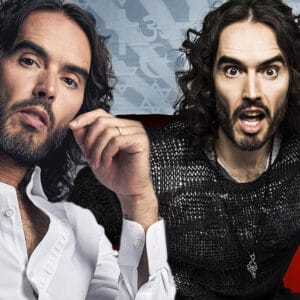



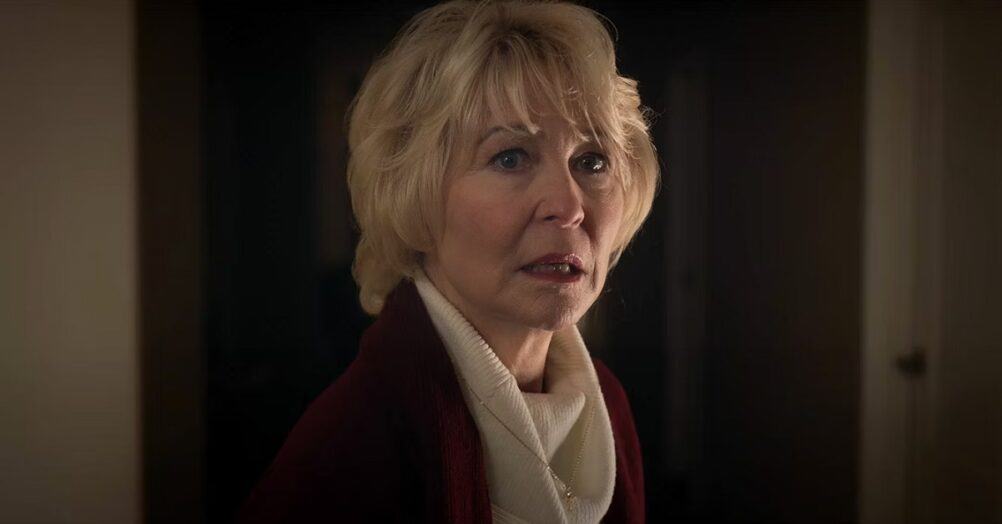
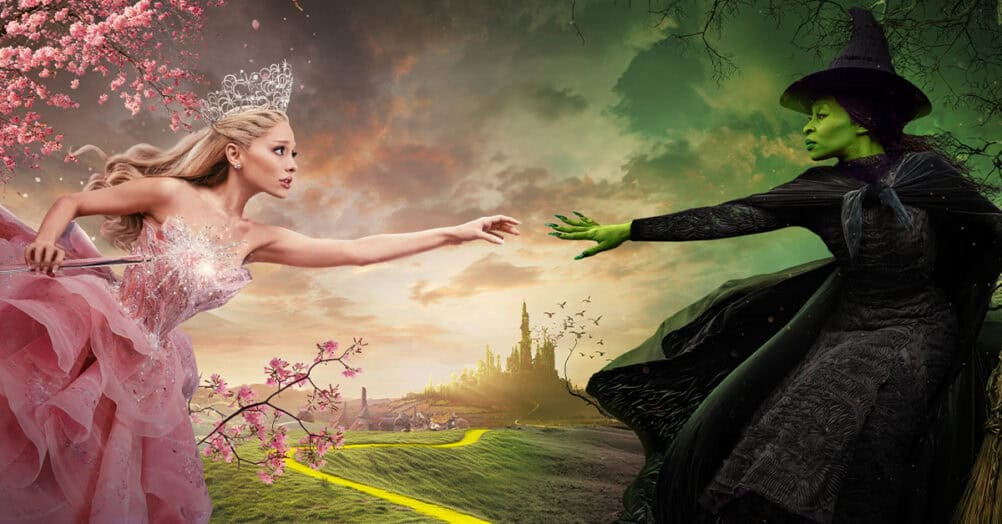
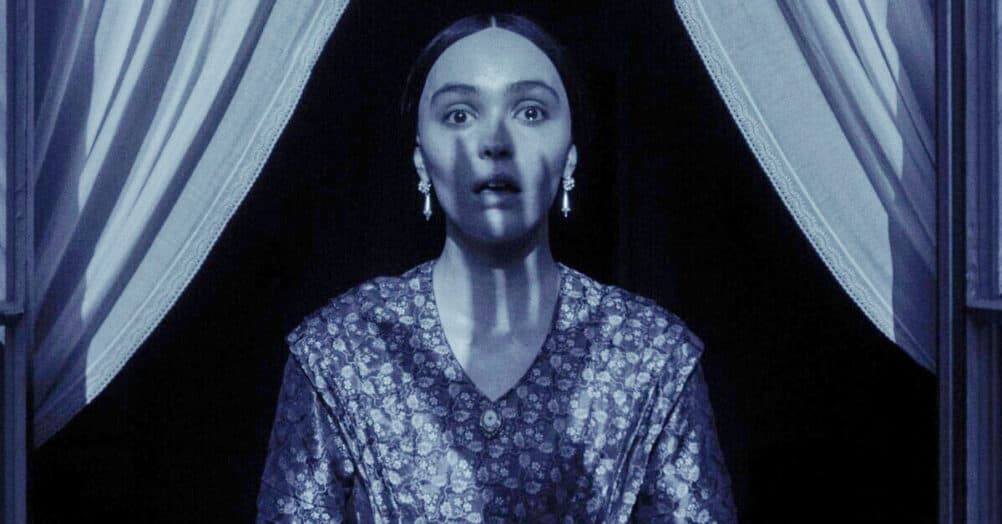
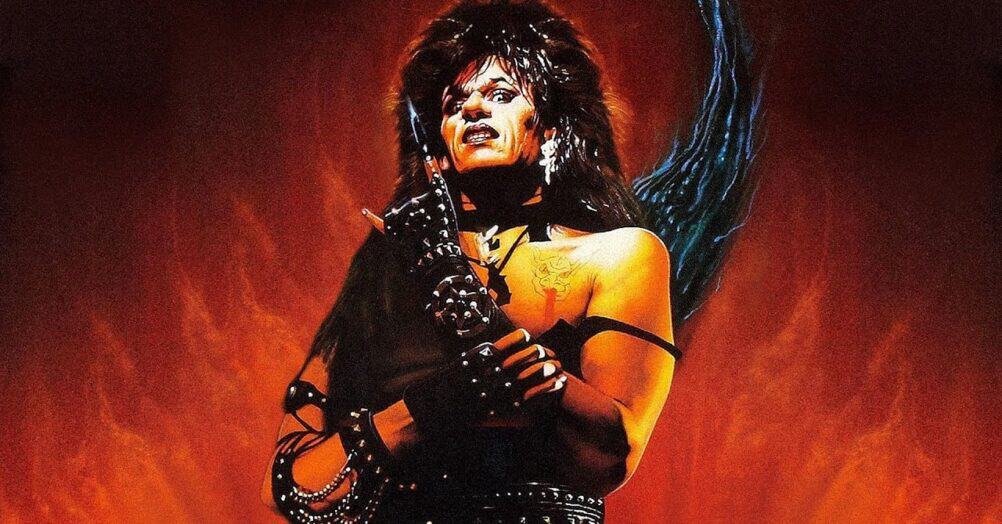
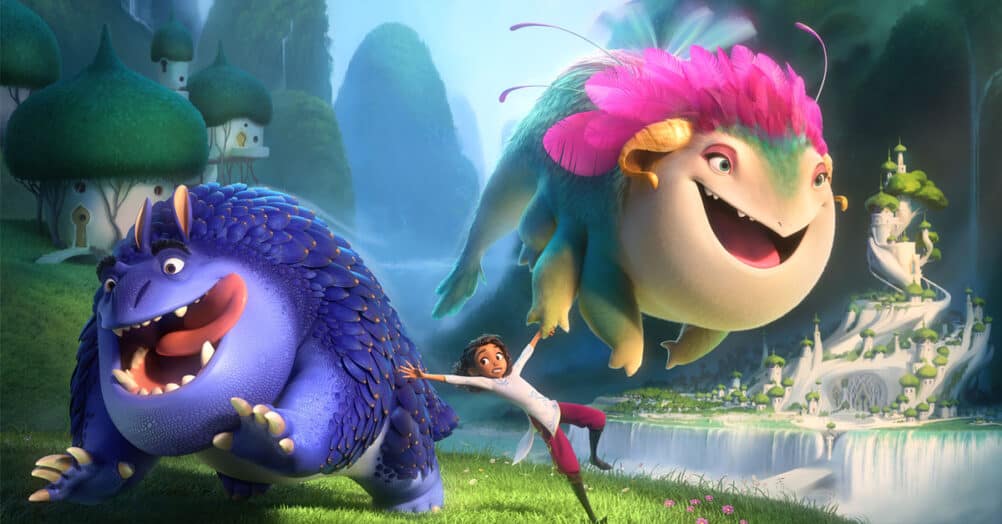



Follow the JOBLO MOVIE NETWORK
Follow us on YOUTUBE
Follow ARROW IN THE HEAD
Follow AITH on YOUTUBE